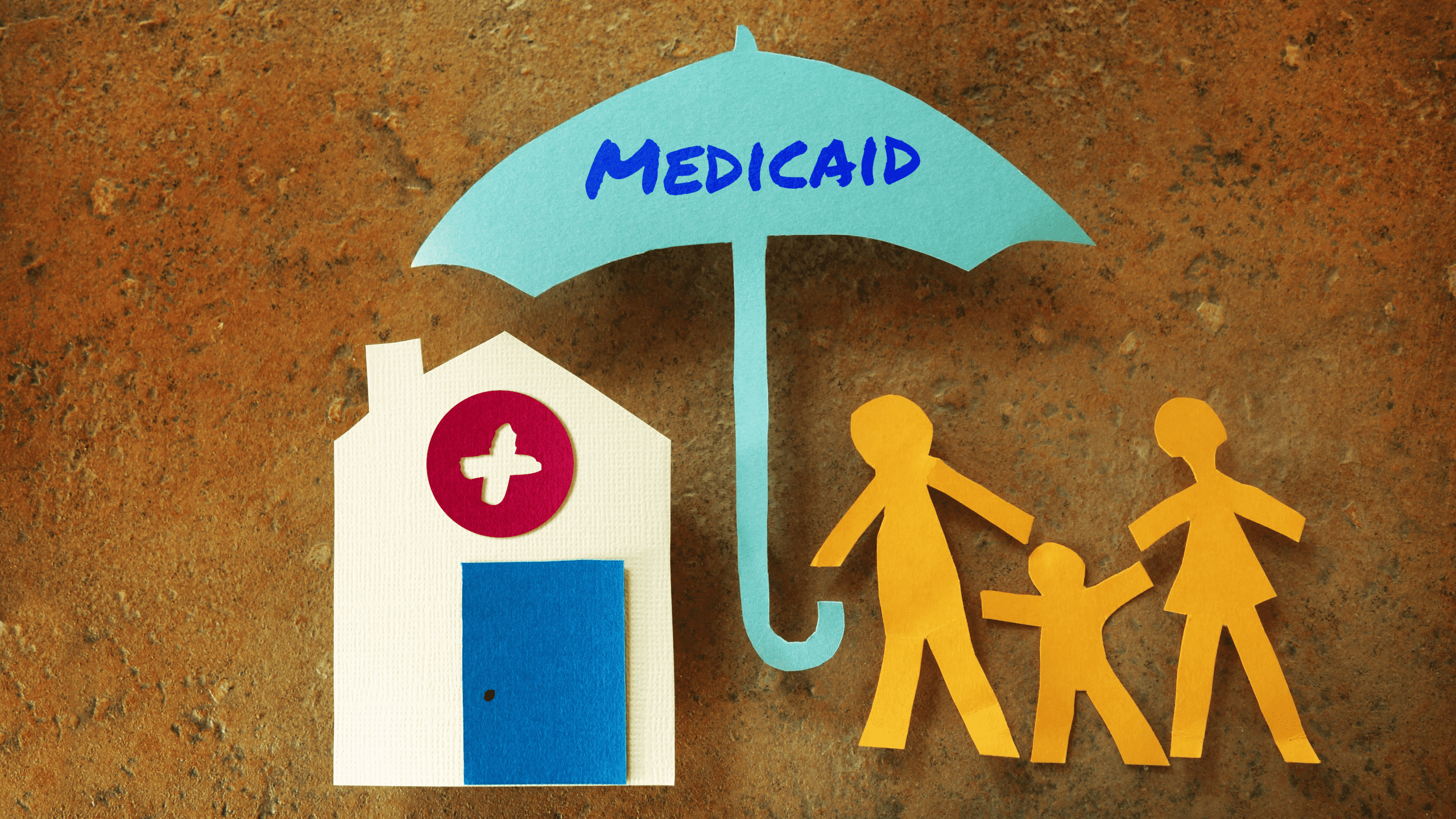Charles Brennan provided testimony in support of House Bill 24-1129, Protections for Delivery Network Company Drivers. CCLP is in support of HB24-1129.
Recent articles
CCLP testifies in support of TANF grant rule change
CCLP's Emeritus Advisor, Chaer Robert, provided written testimony in support of the CDHS rule on the COLA increase for TANF recipients. If the rule is adopted, the cost of living increase would go into effect on July 1, 2024.
CCLP testifies in support of updating protections for mobile home park residents
Charles Brennan provided testimony in support of House Bill 24-1294, Mobile Homes in Mobile Home Parks. CCLP is in support of HB24-1294.
CCLP’s legislative watch for April 5, 2024
For the 2024 legislative session, CCLP is keeping its eye on bills focused on expanding access to justice, removing administrative burden, preserving affordable communities, advocating for progressive tax and wage policies, and reducing health care costs.
November Letter from Bethany Pray, Interim Executive Director

Last month I wrote about CCLP’s engagement along the full spectrum of advocacy, from community engagement to policy creation, from implementation to enforcement.
My mind, today, is on community engagement and how that connects to the rest of the cycle. I sat down this week for lunch with a colleague and advocate, a leader of an organization that works directly with people in communities around the Front Range. They organize and build power, have direct conversations that help build consensus around where change is needed, and provide people with the information and tools they need to step into the policy sphere and be heard. It was inspiring.
The nature of policy work necessarily involves a great deal of time in meetings with policy makers and staff of state departments. This work can often feel a step removed from the individual Coloradans whose kids could benefit from a healthy school meal, who find ballot measures inscrutable, or who can’t find a provider who can communicate in their language. But what we do in those meetings intersects with my friend’s work in powerful ways. And of course the policymakers in the meetings we attend are making decisions every day that directly affect those Coloradans.
Since I started at CCLP in 2014, we have worked hard to grow our engagement with community members and with grass-roots organizations, like the one my friend leads. This past year, when we were contacted about the struggle of families to find bilingual behavioral health providers, we spoke directly with Spanish-speaking parents who were open to sharing their experience. We went with those parents through the slow — and only somewhat successful — bureaucratic steps to connect their child to Medicaid-guaranteed services.
That journey led us to connect with other community groups — both those that provide translation for medical services and providers who struggle to provide optimal care to people with limited English proficiency. Through their struggles we discovered a world where reimbursement is limited or non-existent for interpretation. And because we have staff with legal training, we began to analyze whether Colorado Medicaid and other federally-funded entities were falling short in providing language access. (The Affordable Care Act’s Section 1557 lays out those requirements. Proposed federal rules that are now under consideration are likely to clarify that obligation.) Armed with that information, we have begun brainstorming solutions with staff of Colorado’s Medicaid agency. We will then re-engage the community groups to share what we’ve learned and to ensure that the output of that collaboration continues to align with the needs of those most impacted.
Over two decades of policy work, CCLP has had access to power that many community members don’t enjoy. While we have strived to directly support issues that arise from community work, I left that lunch thinking about how we can simultaneously improve how we share that access itself more effectively with community, too. That can range from sharing emails and meeting invites, to providing training on how to influence rulemaking, to expanding community voice in the advisory boards or committees that we attend. Things are changing. It’s hard; it requires creativity. But it’s going to be amazing.





